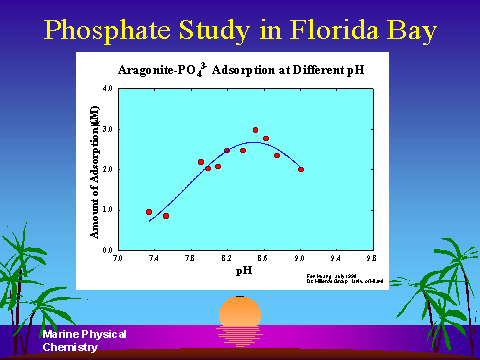Randy Holmes-Farley
Reef Chemist
View Badges
Staff member
Super Moderator
Excellence Award
Expert Contributor
Article Contributor
R2R Research
My Tank Thread
- Joined
- Sep 5, 2014
- Messages
- 67,516
- Reaction score
- 63,956
Reef Chemistry Question of the Day #87
When reef aquarists do water changes and track phosphate levels, they are often disappointed with the results.
For example, a 25% water change will drop nitrate from 100 ppm to 75 ppm when measured later that same day, but the same water change often will often not drop 0.1 ppm phosphate to 0.075 ppm when measured later that same day, but rather to something closer to the original 0.1 ppm.
Why?
Good luck!
.
When reef aquarists do water changes and track phosphate levels, they are often disappointed with the results.
For example, a 25% water change will drop nitrate from 100 ppm to 75 ppm when measured later that same day, but the same water change often will often not drop 0.1 ppm phosphate to 0.075 ppm when measured later that same day, but rather to something closer to the original 0.1 ppm.
Why?
Good luck!
.
















